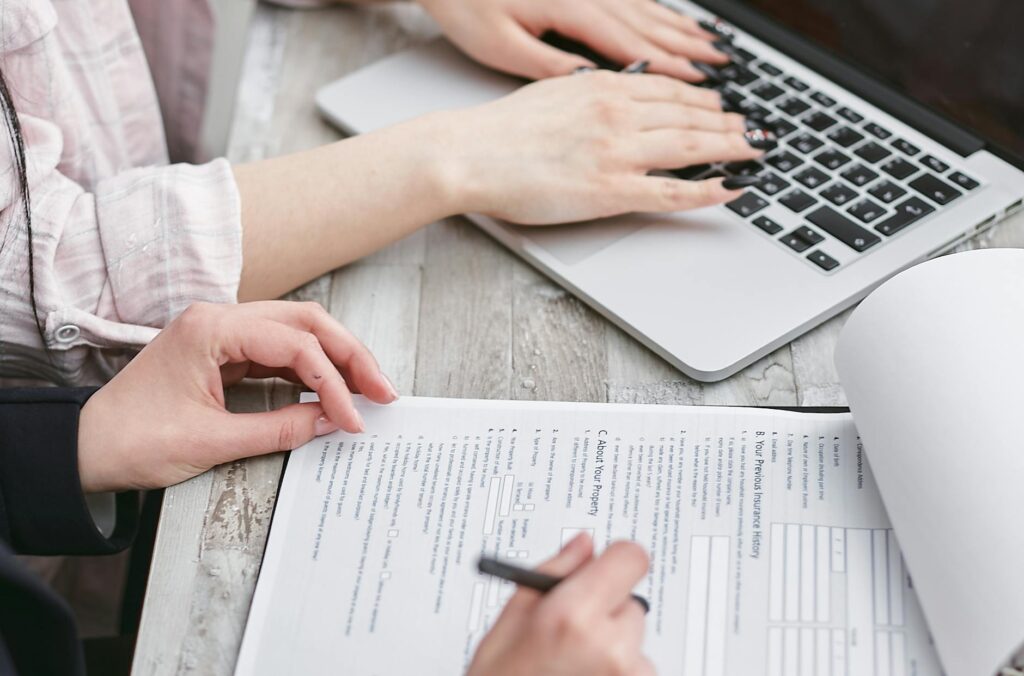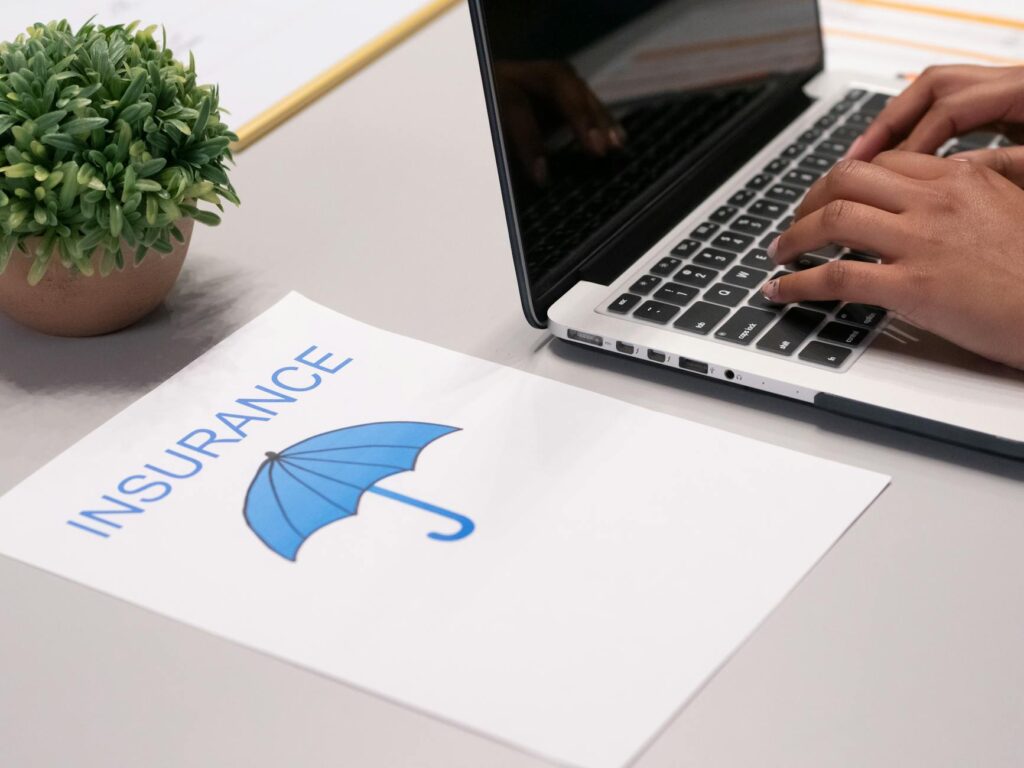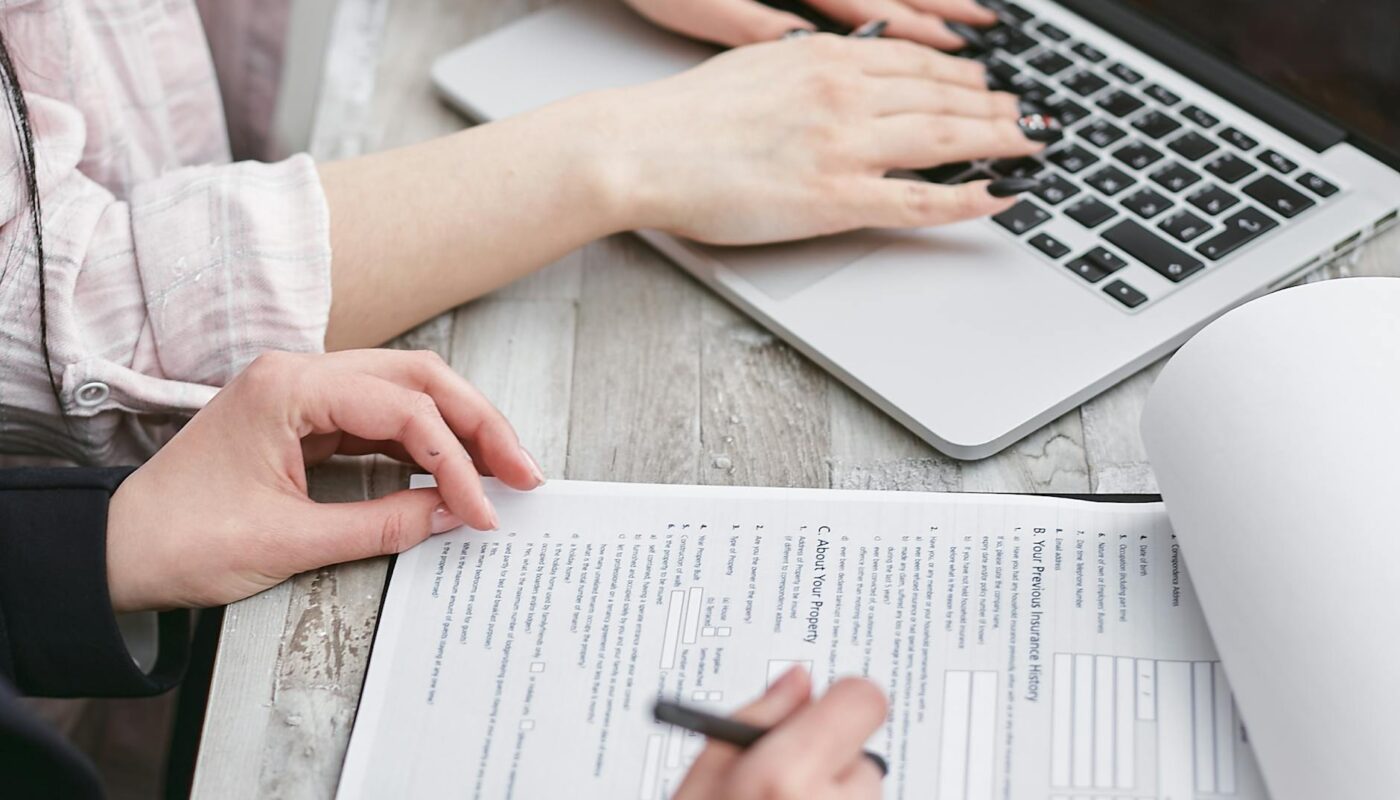Starting and running a small business is an exciting journey, but it also comes with significant risks. Protecting your business from unforeseen events is crucial for its longevity and your peace of mind. This is where insurance plays a vital role. Many small business owners underestimate the importance of comprehensive insurance coverage, but securing the right policies can safeguard your investment and prevent financial ruin.
General Liability Insurance
General liability insurance is arguably the most crucial type of insurance for any small business. It protects you from financial losses arising from bodily injury or property damage caused by your business operations to a third party. For example, if a customer slips and falls in your store, general liability insurance would cover medical expenses and potential legal fees. This coverage is essential regardless of your business size or industry. 
Professional Liability Insurance (Errors & Omissions)
Also known as Errors & Omissions insurance, professional liability insurance is a must-have for businesses that provide professional services, such as consultants, lawyers, accountants, or designers. This type of insurance protects you from claims of negligence, mistakes, or errors in your professional services. It can cover the costs of legal defense and settlements if a client sues you for professional misconduct. Learn more about professional liability insurance. 
Workers’ Compensation Insurance
If you have employees, workers’ compensation insurance is legally mandated in most jurisdictions. This policy protects your employees in case of work-related injuries or illnesses. It covers medical expenses, lost wages, and rehabilitation costs. Failing to carry workers’ compensation insurance can result in severe penalties. Understanding your legal obligations is crucial.
Commercial Property Insurance
Commercial property insurance protects your physical business assets, such as your building, equipment, inventory, and furniture, from damage or loss due to various events like fire, theft, vandalism, or natural disasters. The level of coverage needed depends on the nature and value of your assets. This is particularly vital for businesses that operate from a physical location. [IMAGE_3_HERE]
Commercial Auto Insurance
If your business uses vehicles for deliveries, transportation of goods, or employee commutes, you’ll need commercial auto insurance. This goes beyond personal auto insurance and covers accidents, damages, and legal liabilities associated with business vehicles. Choosing the right auto coverage can save you money in the long run. It’s a smart decision to protect your company vehicles and drivers.
Business Interruption Insurance
Business interruption insurance covers your losses if your business is forced to shut down due to an unforeseen event, such as a fire, flood, or power outage. It protects your income, ongoing expenses, and potential lost profits during the period of disruption. It’s often overlooked, but it can be invaluable in helping your business recover from a significant setback. Find out more about business continuity. [IMAGE_4_HERE]
Choosing the right insurance is a critical step in securing the future of your small business. While the specifics depend on your industry and operational model, the policies mentioned above provide a solid foundation for risk mitigation. Don’t hesitate to consult with an insurance professional to determine the most suitable coverage for your specific needs. Get a free quote today! Remember, protecting your business is an investment in its success.
Frequently Asked Questions
What if I work from home? Do I still need insurance? Even if you operate from home, you may still need certain types of insurance, such as general liability or professional liability, depending on the nature of your business.
How much does small business insurance cost? The cost of small business insurance varies greatly depending on the type and amount of coverage, your industry, your location, and your business’s risk profile.
Can I bundle my insurance policies? Yes, bundling multiple insurance policies with the same provider can often result in cost savings.
What happens if I don’t have the right insurance and something bad happens? Operating without the necessary insurance can lead to significant financial losses, legal issues, and even business closure if you are found liable for damages.
How often should I review my insurance coverage? It’s a good idea to review your insurance coverage at least once a year, or whenever there are significant changes in your business operations or risk profile. Learn more about insurance policy reviews.




